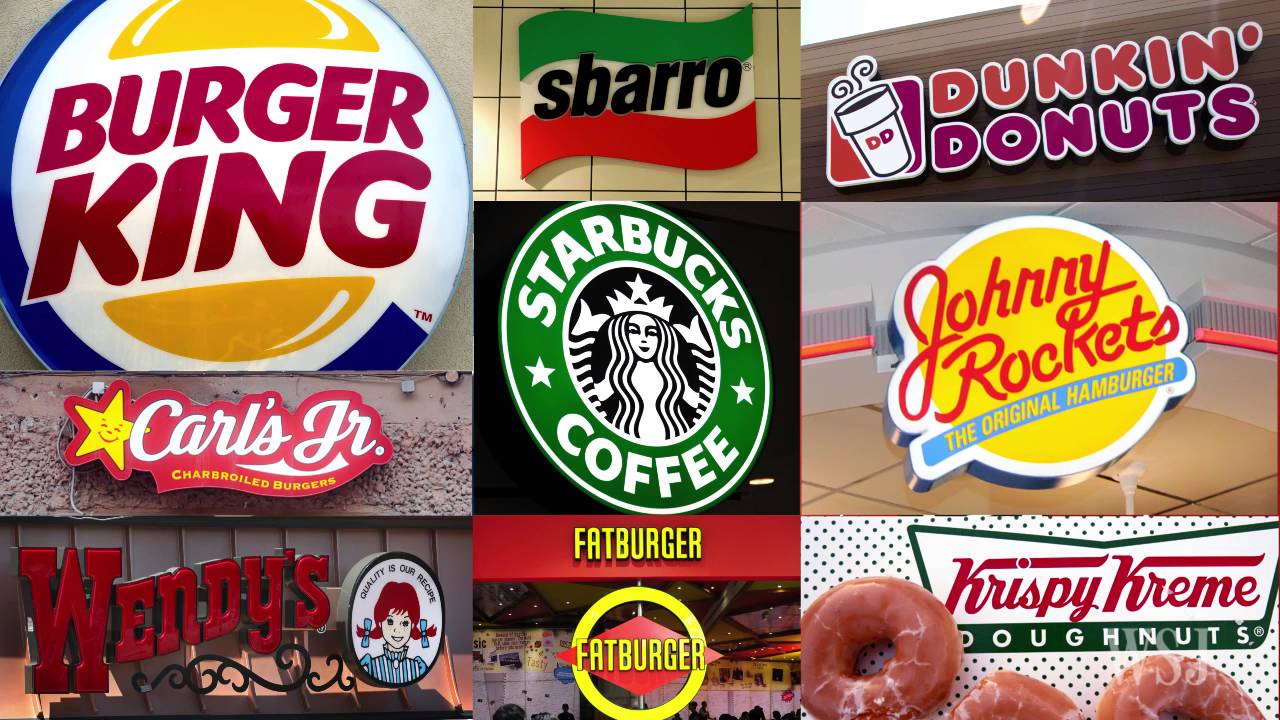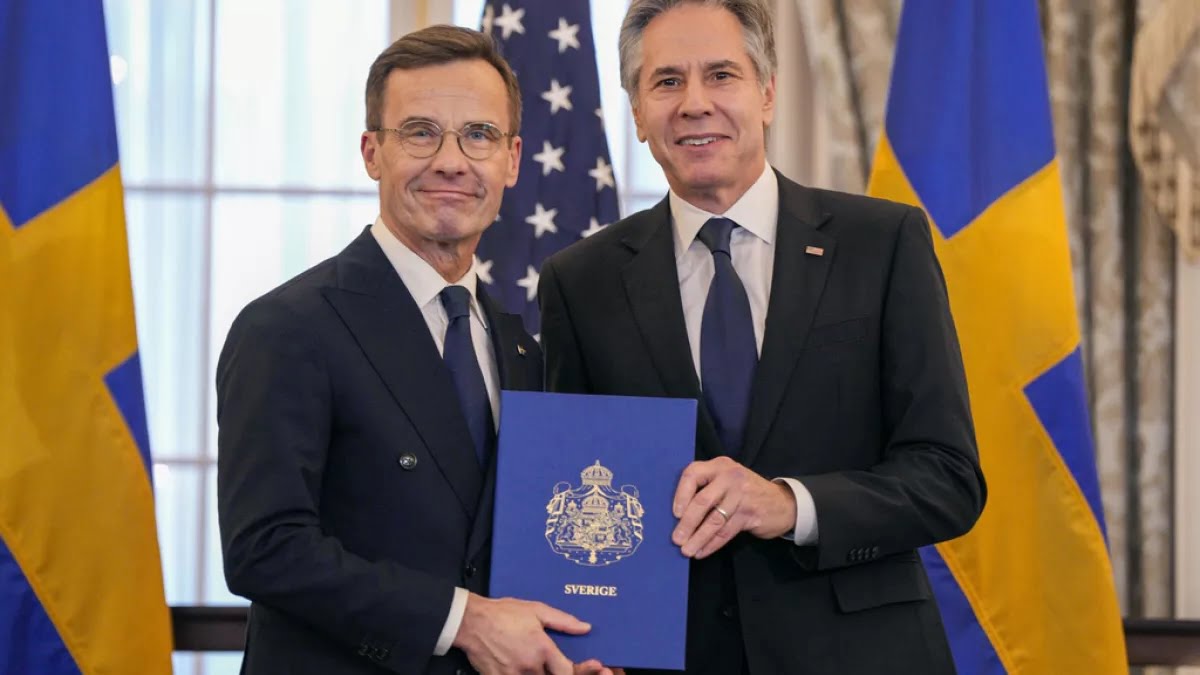Food insecurity, a pressing issue affecting millions globally, remains particularly prevalent in low income areas where access to affordable, nutritious food is limited. This pervasive problem not only impacts individuals’ health and well-being but also underscores broader systemic challenges within our food systems. Fast food chains, ubiquitous symbols of convenience and affordability, play a significant role in perpetuating food insecurity by overshadowing fresher and healthier food options. Their proliferation in underserved communities often leads to a scarcity of fresh produce and whole foods, creating a landscape where processed, high-calorie, low-nutrient meals dominate the dietary choices of residents. This phenomenon not only contributes to poor health outcomes but also deepens the cycle of food insecurity by reinforcing reliance on quick, inexpensive, yet nutritionally deficient meals
Category: Editor’s Picks
What Does Sweden’s NATO Membership Signify?
On 7th March 2024, Sweden became the 32nd member to join NATO. Due to full-blown war between Russia and Ukraine, NATO is becoming key for the European countries to protect their territorial sovereignty. With Sweden’s accession, all Nordic countries became part of the alliance that was formed during the Cold War era. One of the key factors of Russia’s invasion of Ukraine was Kyiv’s attempt to join the anti-Russia military alliance, NATO. However, Russia’s belligerent move against Ukraine has provided detrimental results. Since Moscow’s invasion of Kyiv, nearly half a dozen countries in the region have increasingly expressed their willingness to join NATO

